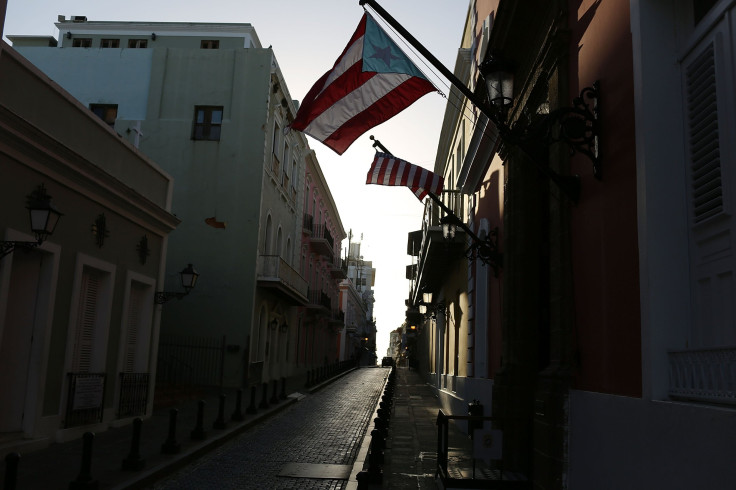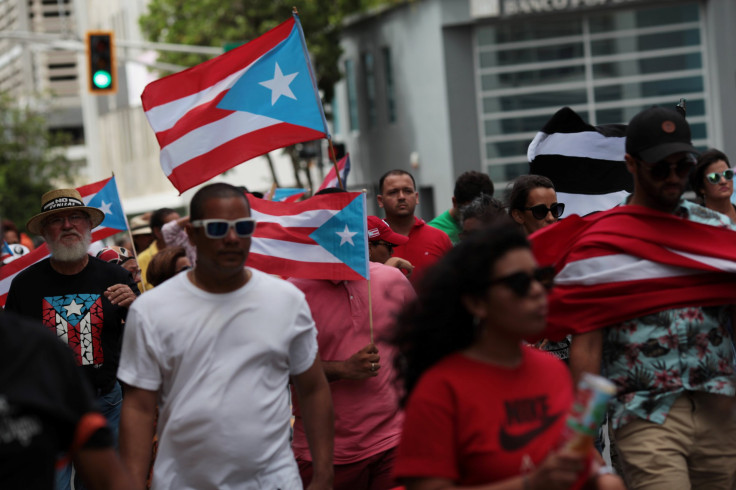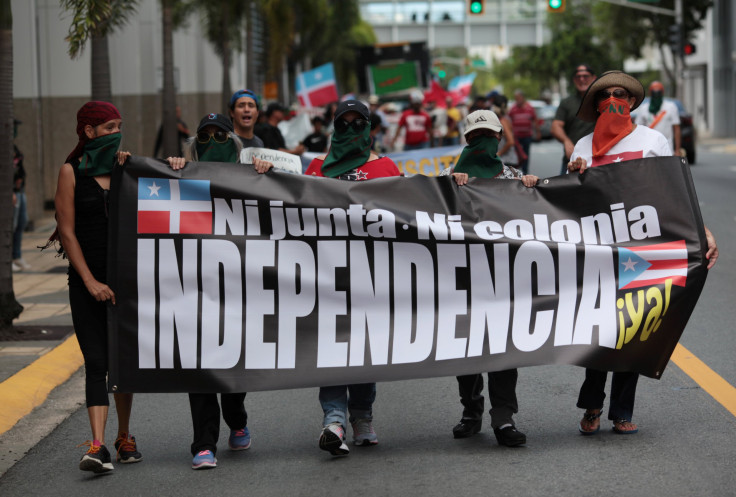Puerto Rico Votes For Statehood, But Will Congress Make It The 51st State?

Puerto Ricans voted on Sunday for a non-binding referendum that called for the union territory to be awarded the status of statehood by the U.S. Congress. Even though turnout for the voting was quite low, the votes cast ended up being a landslide in favor of Puerto Rico becoming the 51st state of the United States of America.
Under Section 402 of the Puerto Rico Oversight, Management, and Economic Stability Act, better known as PROMESA, which paves the way for a federal-backed referendum regarding the admission of Puerto Rico into the Union, an open election was held Sunday.
Only 23 percent of Puerto Ricans came out to vote in the referendum, which saw about 97 percent of the votes being cast in favor of statehood, the New York Times reported Sunday. While the current government in Puerto Rico supports the country becoming a U.S. state, political parties in the opposition called the election flawed, saying most people who wanted their island to remain a union territory boycotted the election and hence, did not turn up to vote.
“A 97 percent win is the kind of result you get in a one-party regime,” former Gov. Aníbal Acevedo Vilá, who is from the opposition, said in an interview, according to the Times. “Washington will laugh in their faces.”
With the results of the vote final, the referendum will now move forward to Congress where it will be deliberated upon before a decision is made about granting Puerto Rico statehood.
Read: 52 States Of America? Puerto Rico And Washington, DC, Voters Want Statehood
The island's Gov. Ricardo Rosselló said he expected Congress to follow the rule of democracy, the Washington Post reported.
“In any democracy, the expressed will of the majority that participates in the electoral processes always prevails,” Rosselló said. “It would be highly contradictory for Washington to demand democracy in other parts of the world, and not respond to the legitimate right to self-determination that was exercised today in the American territory of Puerto Rico.”

This was the not the first time that Puerto Rico is trying for statehood. In fact, Sunday was the fifth time that Puerto Ricans had given their opinion on whether they want to become a U.S. state or not. The last such vote was held in 2012, and at that time, 61 percent of those who voted chose statehood, but the voter turnout was much higher at 78 percent.
“Supporters of statehood did not seem enthusiastic about this plebiscite as they were five years ago,” said Carlos Vargas Ramos, an associate with the Center for Puerto Rican Studies at Hunter College in New York, according to the Post.
Factors like an economic recession, a stagnant education system, inability to pay federal taxes such as Social Security and Medicare, and having their pensions at stake moved Puerto Ricans to apply for statehood on Sunday. However, the question in the minds of those who stood against their union territory becoming a state was whether such a move would actually solve their financial crisis or end up adding to it. At present, Puerto Rico is exempt from U.S. federal income tax.

According to Carlos Delegado, secretary of the opposition Popular Democratic Party: “The cost of statehood on the pocketbook of every citizen, every business, every industry will be devastating. Whatever we might receive in additional federal funds will be cancelled by the amount of taxes the island will have to pay.”
Congress has rejected Puerto Rico’s bid to become a state four times in the past. However, Puerto Ricans have their hopes up this time since the newly reelected Speaker of the House Paul Ryan and the Senate Majority Leader Mitch McConnell have vowed to promote the admission of Puerto Rico as the new state of the Union in November, the Hill reported.
The last union territory to be awarded the status of statehood was Hawaii, which happened 58 years ago, on Aug. 21, 1959.
© Copyright IBTimes 2024. All rights reserved.












